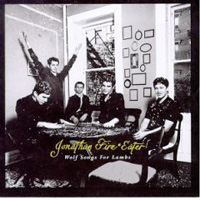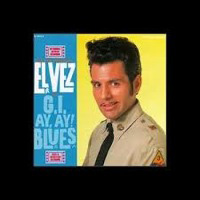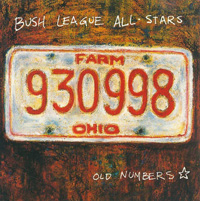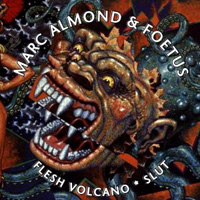 Jonathan Fire*Eater
Jonathan Fire*Eater
Wolf Songs for Lambs (Dreamworks)
by Nik Rainey
Considering how much mileage sound-for-sound’s-sake music has gotten these last few years and what a by-the-numbers drag songwriting has been reduced to during that same period, it was only a matter of time until the last bastion of simple, base-born rock ‘n’ roll, ’60s pre-psych garage, had its structural exoskeleton torn away from it. Jonathan Fire*Eater, one of the first objects of Spielberg, Geffen and the other guy’s desire (to the tune of $1 million) after a surge in street cred (no, actually more like the people who watch the street from the safety of a coffeehouse, with a 1000-page novel [unread past page 12, but with a professionally-cracked spine and an oversized bookmark stuck conspicuously somewhere between two-thirds and three-quarters of the way through to impress onlookers] and the biggest cup of latte with the thickest glaze in the place as shield) that peaked after the release of last year’s acclaimed Tremble Under Boom Lights EP (Medicine), has one of the best sounds you could hope for – a thick, satisfying wash of Farfisa, a near-tribal rhythm section that bobs and lurches over those waves like a pirate radio ship, with a little unobtrusive guitar leaking through the cracks in the beams opened up by the caulking-bursting bawl of singer Stewart Lupton, who declaims his tales of self-conscious decadence with the snotty aplomb of a third-year film student with a complete collection of ? and the Mysterians rarities. In other words, Wolf Songs For Lambs is the kind of record you’d expect to find on Mr. Amblin’s label – a full-on adolescent-cinematic sound that enthralls and seduces while it plays but falls apart completely once analyzed. Which is not, in and of itself, a bad thing – swaggering phoniness has been the order of the day in rock ‘n’ roll since Mick Jagger slyly covered up his middle-class education with his collection of blues 78s – and that sound, especially in cases like the bracing tremelo churn that runs through “There Is No Love Like That,” is almost sufficiently groovy enough to mask the fact that, but for variations in tempo and arrangement, they’re essentially playing THE SAME FUCKING SONG throughout. Again, not necessarily a condemnation – many worthy albums from good-to-classic had the same m.o.. So I won’t question it; the sensually satisfying shuffle boil that JF*E serves up is sufficient to cover any qualms. For now.
(9268 W. 3rd St. Beverly Hills, CA 90210)



